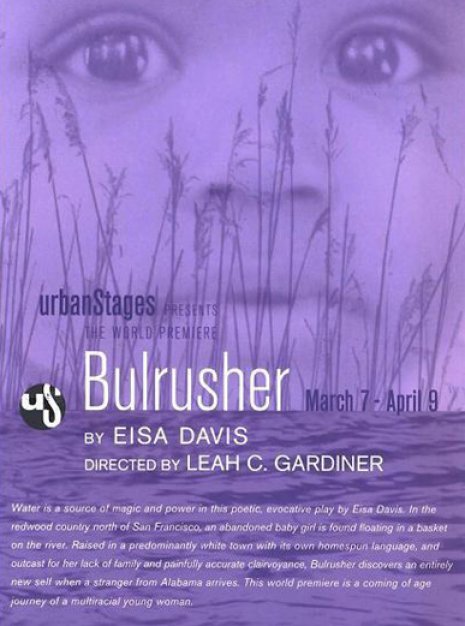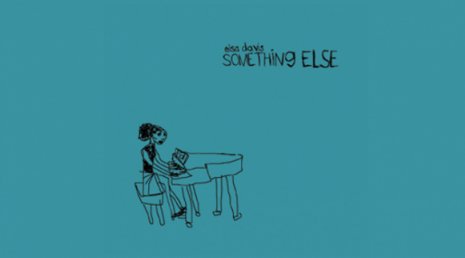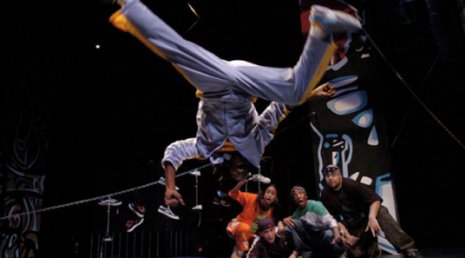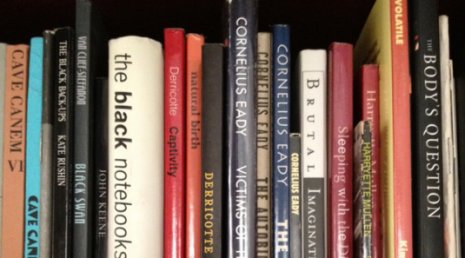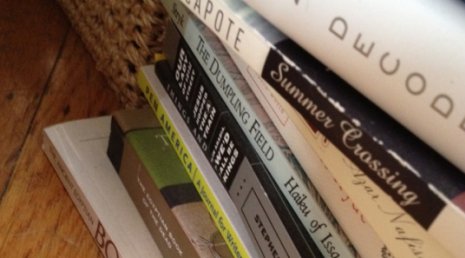Systems/Ecologies of Craft
Right. As opposed to “schizophrenia?”, the question mark, it’s just “organism.” Period.
It's funny--I feel more pulverized than shaped. I think I'm being blown out--that's the literal translation of nirvana. The more you run after your desires, have them met, the less solid you become, the less you are. And that's what our protagonists are always doing in our narratives. They go after something they want and then when they get it, they find that they've changed, and that changed self doesn't need exactly what they used to want-- we walk toward the horizon and never get there. That's why we perceive it, to keep us walking.
In a moment that you wouldn't expect to be having a realization--on a bus in Massachusetts--I felt that the only purpose which I could never refute that we have as living beings--be we human, animal, water, tree, rock or air--is to be in relationship with each other. That's it on a very basic, holy level. And this is where our divinity gets to play itself out.
Place is memory. And memory is what gives our present meaning. Of course we are rewriting memories every time we revisit them. They shift, they weary, they creak and wrinkle. Place is not only visual but olfactory. So the smells of the night blooming in California hold entire worlds, just as Proust's madeleine can. Mendocino County literally saved my life many times and is a magical respite. Birmingham, my grandmother's house—the place where I set the one act I wrote in Adrienne's class—so much of my creative life feels like it was born on her stairs and down on the floor below them...I still have dreams that take place there. I will imagine novels I read are taking place there. It's about drawing the unfamiliar into a translatable space....which is the trick and purpose of language and communication, perception.
There’s that wonderful Anna Deavere Smith quote about artists daring to be homeless. You know, always. Even when we have our apartments, we are homeless. So what becomes home? Maybe your home is a book, or it’s a song that always finds you and cradles you.
That’s exactly right. That’s it. So many of our dialogues about change are about separating spheres. Like is this personal, is this political, is this social, is this emotional, is this psychological? And so much of our separating things is just about the production line, about division of labor, and branding, and marketing… and what I’m trying to get at with Ramp is that the way that we treat the world and the way we enter the world is about how much we feel we’ve been loved and how much love we want to give. The power struggle that’s going on between siblings ends up having this global impact, you know?
With music, I ride the line between public and private, performing my most intimate feelings.
DAJ
I usually decide the form first. I say I'm gonna write a song, or I'm gonna write a play—then I ask--what goes in it? But I've also had moments where I just wrote and then it became a song. Or it became a poem. Or it became a play. The words came and through them was the form revealed.
I recycle a lot, like Adrienne [Kennedy]. Because we are compulsive and obsessive, we return to moments and make myths of them. So a song I wrote at 16 shows up at a concert I play at 40, in a musical I'll write at 42.


